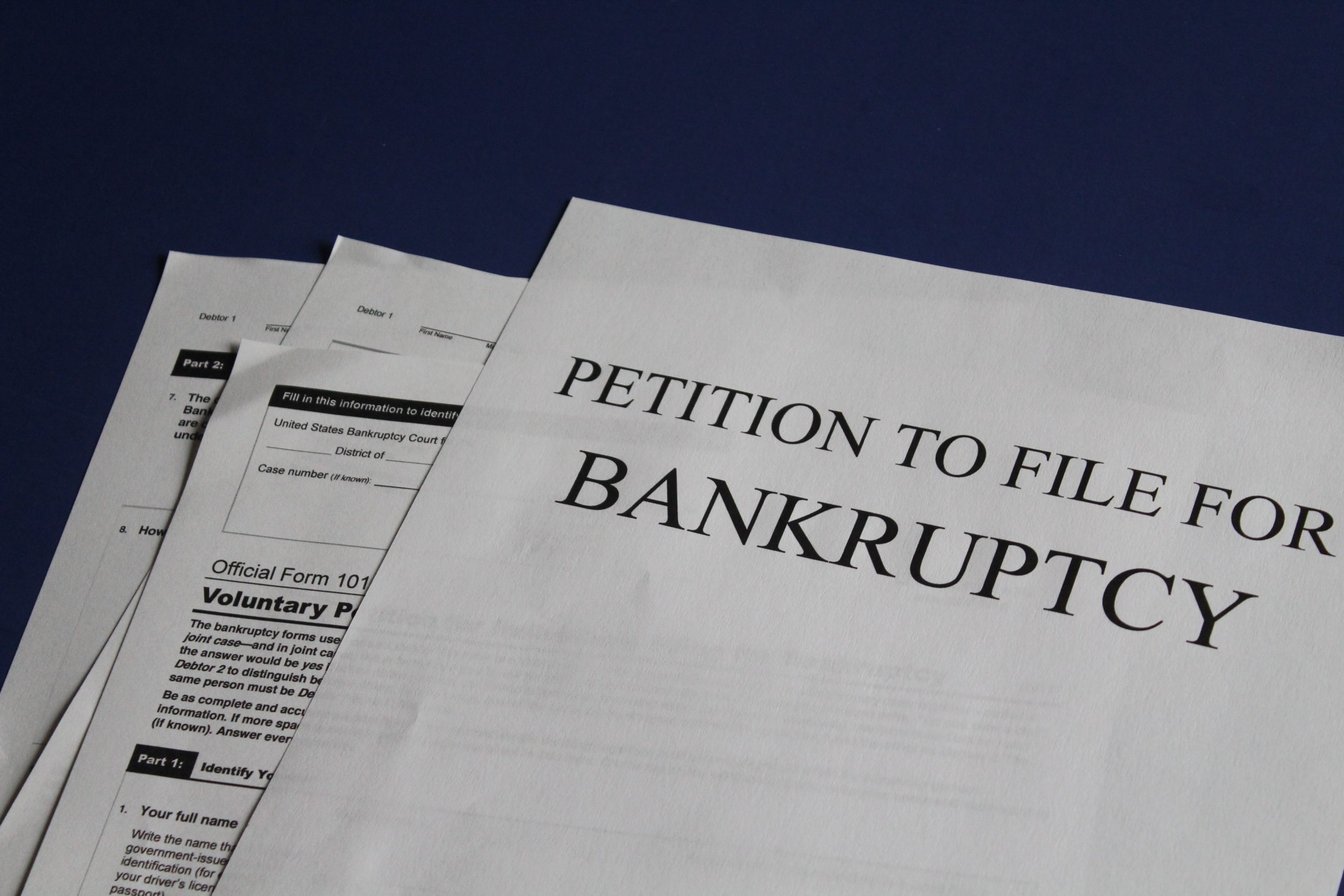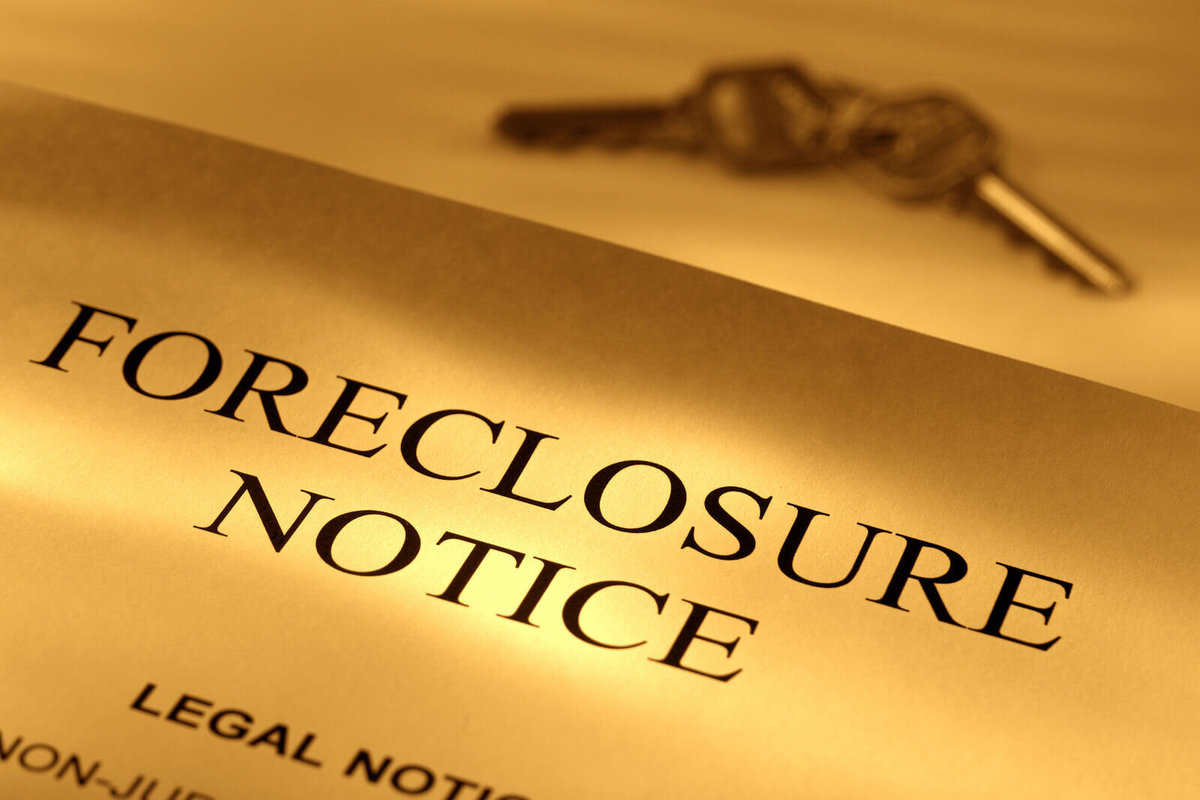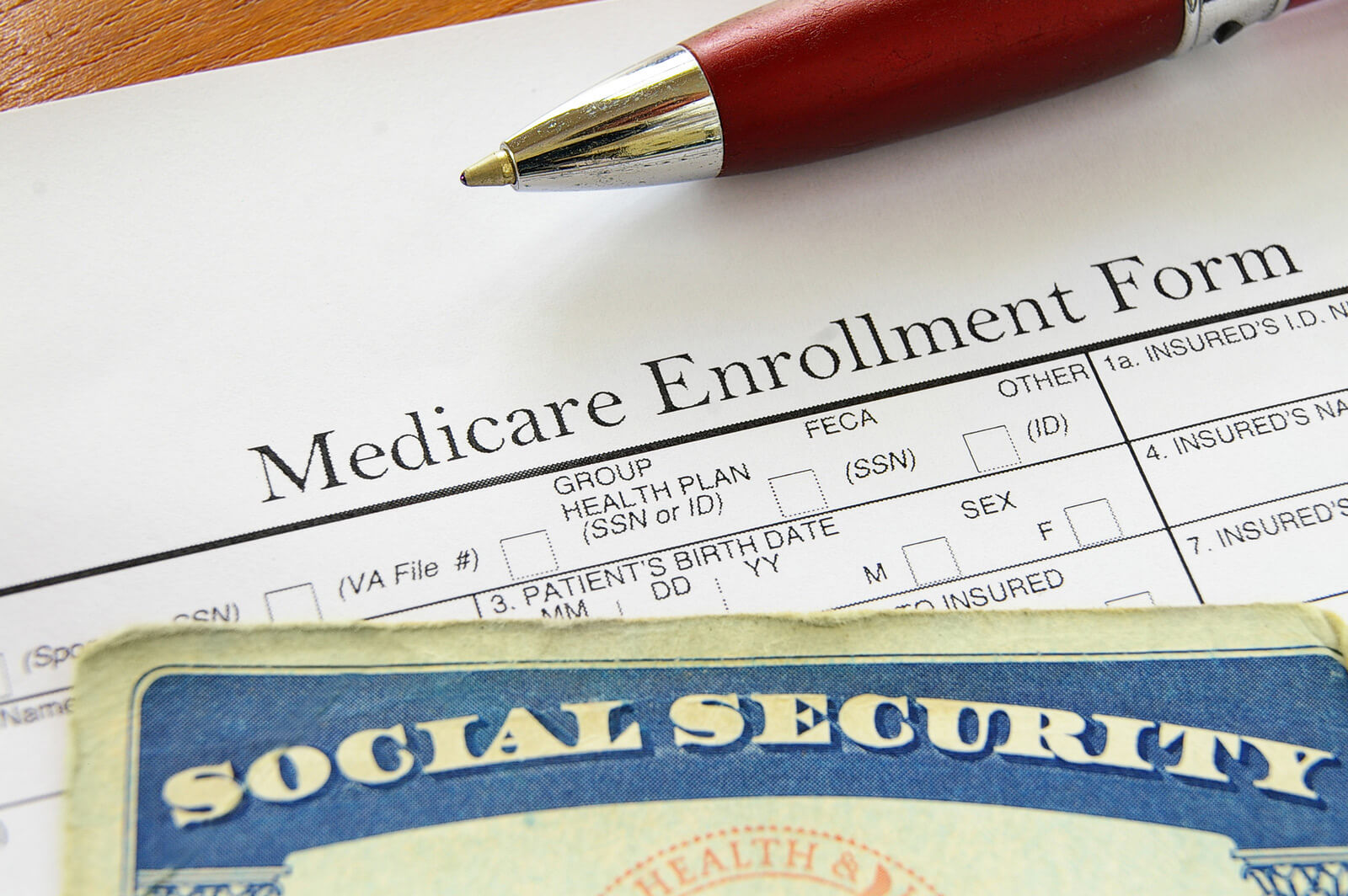Can You File Bankruptcy on Back Taxes in Pennsylvania?
Bankruptcy is a very effective means of addressing many different types of debts and collection activities. One question that frequently arises in bankruptcy is what can be done about tax debt? In determining how a tax debt will be treated in bankruptcy, your attorney will look at several things. First and foremost your bankruptcy attorney will determine what kind of tax debt is at issue. The type of tax debt will determine how the debt will be treated in bankruptcy. For example, a property tax might be treated differently than an income based tax. Employer based taxes like trust fund taxes may be treated differently than sales and use taxes. Additionally, some property taxes may be subject to a public bidding process where a lien against your real estate is purchased by a third party in the form of a tax certificate. Consequently, how a tax lien is acquired can also affect how a lien is treated in bankruptcy.
If you are filing for bankruptcy, the Pennsylvania bankruptcy attorneys at Young, Marr, Mallis & Associates can help. Call (215) 701-6519 today for a free consultation about your debt relief options.
Can Bankruptcy Clear Property Tax Debt in Pennsylvania?
Often times people will file bankruptcy to deal with delinquent property taxes. In Pennsylvania, most tax assessment offices will consider property taxes to be delinquent after two years. Once a landowner is delinquent and fails to establish a plan of repayment with the tax assessment office an upset sale will be set. These sales can be stopped by filing bankruptcy and any delinquent taxes can be repaid over 3 to 5 years through a Chapter 13 bankruptcy plan. In some cases, particularly in Philadelphia County, property taxes can be subject to an auction process whereby the delinquent debt is sold to a bidder who in turn earns the right to collect both the tax debt as well as any interest. The interest rates can be substantial, and if the homeowner waits to long to address the underlying tax debt, the purchaser can foreclose on the property.
Notwithstanding, these types of tax liens – often referred to as tax certificates- are also subject to the stay provided by bankruptcy and can be paid over time through a Chapter 13 bankruptcy plan. It is important to remember that any tax against real estate is said to “run with the land,” and therefore must be paid by someone at some point in time. Nonetheless, property taxes can ultimately be discharged through a bankruptcy plan with a Chapter 7 bankruptcy lawyer when the debtor surrenders the property subject to the tax. The surrender of the property and subsequent discharge in Chapter 7 relieves the debtor of any personal liability for the tax even though the tax itself may not be paid until the property sells or is foreclosed.
Filing Bankruptcy with Unpaid Sales Tax or Trust Fund Tax Debt
Employers and businesses are required to withhold taxes for their employees as well as to pay sales tax collected on the transfer of goods. These types of taxes are often referred to as trust fund taxes as they are to be held in a separate account by the business until they are disbursed to the taxing authority. In Pennsylvania, unless a claim for unpaid sales or trust fund taxes is compromised by the taxing authority, it must be paid in full and will even survive the bankruptcy discharge. Often times, a debtor with primarily personal consumer debt – who also has a business that owes these types of taxes- will file bankruptcy on personal debt and set up a separate repayment plan with the taxing authority outside of the bankruptcy. However, if the debtor is a sole proprietor, the tax debt is also a personal liability and therefore must be addressed as a non-dischargeable priority debt regardless of whether the case is filed under Chapter 7 or Chapter 13 of the Bankruptcy Code. Put more succinctly, absent an agreement with the taxing authority to the contrary, these are debts that must be paid in full regardless of the discharge in bankruptcy or liquidation of the underlying business. It is always advisable that an individual with a business that has tax debts seek legal counsel to determine what options are best in regard to their particular situation.
Eliminating Income-Based Tax Debt with Bankruptcy in Pennsylvania
The most common types of tax debt encountered by consumer debtors in bankruptcy are for individuals who owe income tax to either the IRS, Pennsylvania Department of Revenue or to their local taxing authority. Whether or not these debts are dischargeable in bankruptcy is dependent upon the classification of the tax debt as outlined by the taxing authority as well as any remedies the debtor may have under state law (e.g. tax amnesty). The IRS generally breaks down tax obligations into three categories of debt they are as follows: (1) Priority taxes; (2) Secured taxes and (3) Unsecured tax debt. Fundamental analysis and classification typically starts with the year the tax obligation became due, whether or not a tax return was filed and if so, when and also if a levy has been recorded with the County Prothonotary where the debtor resides.
Priority Tax Debt
Priority tax debts are generally those which are less than three years old at the time of the bankruptcy filing. The age is counted backwards from the date the taxes became due. For example a 2017 tax debt is due on April 15, 2018 and therefore the three year period runs backwards from that date. These debts are considered priority regardless of whether a return has been filed. Consequently, If the debtor has unfiled tax returns in Pennsylvania, the Bankruptcy Code requires that those tax returns be filed with the IRS to allow proper assessment of the tax due and determination of it’s status and priority in bankruptcy . Accordingly, failure to timely file returns while in bankruptcy is a basis for dismissal of the case. Priority taxes must be paid fully along with any applicable interest if included in a Chapter 13 bankruptcy filing, however, penalties will not be assessed while the debtor remains in bankruptcy.
Secured Tax Debt
Secured tax debts are those for which a tax return had been timely filed, are older than three years old, and to which there has been a levy recorded at the county courthouse where the taxpayer resides. This security interest arises as a result of the levy creating a lien against the debtor’s real and personal property. The process by which the lien is perfected only need meet minimal requirements of procedural due process. Accordingly, these notices may be recorded with the County Prothonotary after notice to the taxpayer and opportunity to be heard on the issue of the underlying obligation. Secured tax debt can also be paid through a Chapter 13 plan or alternatively through liquidation of a bankruptcy estate in Chapter 7 cases. Nonetheless, and unlike most other debts, secured tax liens must be paid at the full liquidation value of the debtor’s assets notwithstanding any available exemptions under the Bankruptcy Code. Consequently, the valuation of assets is very critical in cases where a debtor may be exposed to substantial secured tax liens.
Unsecured Tax Debt
Unsecured tax liens are those older than three years old for which a return has been timely filed, (generally within two years of the due date and prior to bankruptcy), and for which no levy has been filed. These debts are normally discharged by the bankruptcy filing to the extent that unsecured creditors were not to be paid in a Chapter 13 plan.
When bankruptcy is filed, and taxes are due a notice is generally sent to the Central Insolvency Operation of the IRS. The agents who work in this division are highly qualified in the area of taxation as it applies to bankruptcy cases. The PA Department of Revenue also has a similar department as well. Consequently, it is important that when selecting counsel to handle a bankruptcy case where taxes are involved, that you make sure you choose a King of Prussia bankruptcy attorney who understands the applicable law, but who also understands the functioning of the relevant agency.
Our Philadelphia + Bucks County Bankruptcy Lawyers Can Help
Certainly having tax debt and the penalties and interest that sometimes accompany that debt can be an overwhelming and worrisome experience for taxpayers. Nonetheless, choosing competent and effective counsel to guide you through the process can make all the difference in the world and offer the peace of mind that comes with addressing these issues through competent and capable representation.
Are you filing for bankruptcy? Call the law offices of Young, Marr, Mallis & Associates at (215) 701-6519 today for a free consultation with our team of experienced Norristown bankruptcy attorneys.






























